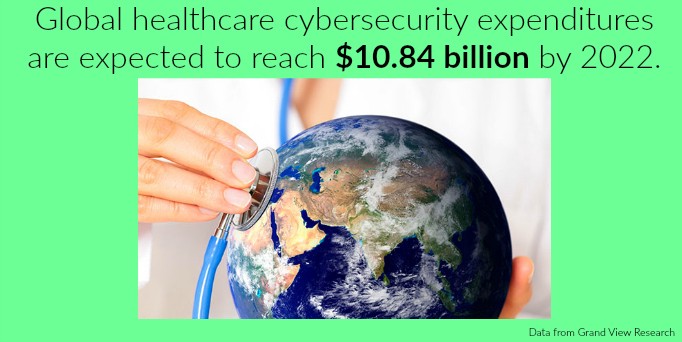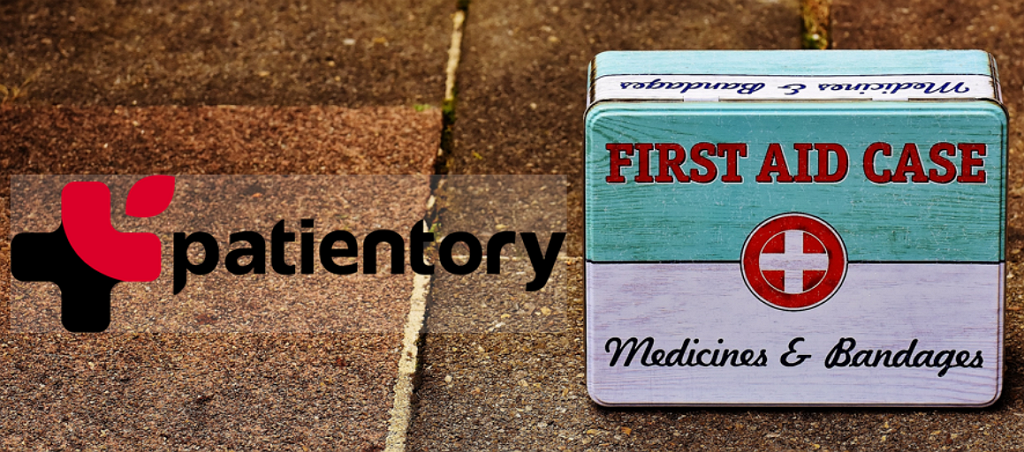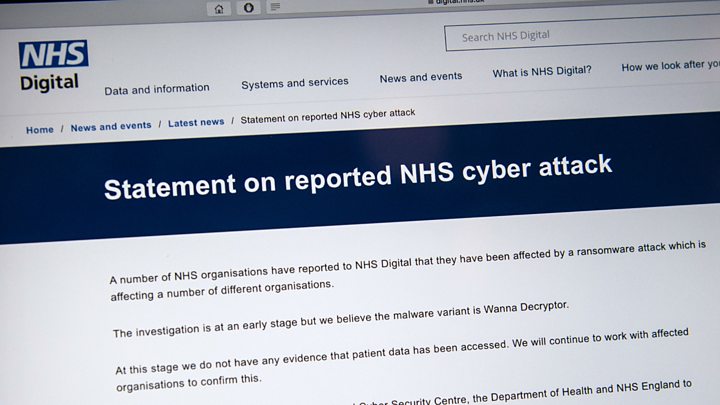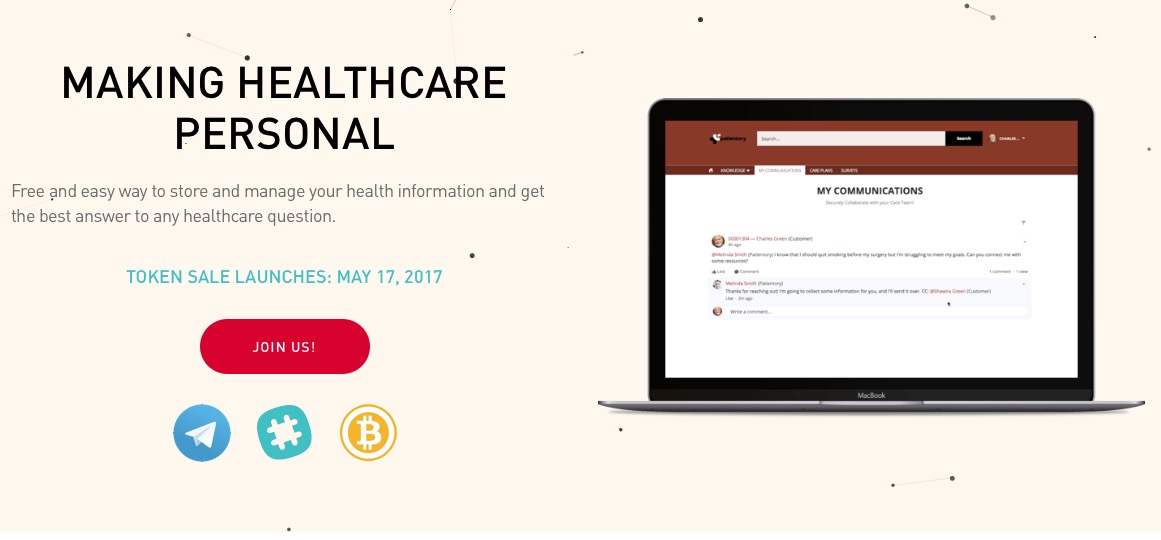Mar 1, 20175:25 PM EST by Michael Scott via bitcoinmagazine.com
With promises on the part of the new Trump administration to reboot Obamacare, the U.S. healthcare system is at a crossroads. Staggering costs, barriers to patient access and quality-of-care concerns underscore the need for innovative solutions to address this key element of America’s future.
One company firmly entrenched in efforts to address many of these prevailing issues is Atlanta-based Patientory. It endeavors to deliver population-health management solutions that assist healthcare organizations in boosting clinical outcomes through physician-coordinated care. Through the use of a patient-centered protocol supported by blockchain technology, Patientory is poised to change the way patients securely manage their health histories and interact with their clinical care teams.
Through use of the company’s mobile app, Patientory users create an individual profile. Their medical information is then stored on a secure, HIPAA-compliant blockchain platform, allowing them to connect with care providers as well as other patients who have similar health issues or concerns. This allows patients greater control over their overall health across multiple care teams, both inside and outside of the hospital.
The company’s genesis is tied to the 2016 inaugural class of the Boomtown Health-Tech Accelerator in Boulder, Colorado. This led to a collaborative exchange with the Denver-based Colorado Permanente Medical Group, part of the Kaiser Permanente consortium, based in Oakland, California.
Despite its startup status, the company has established a deep footprint in the healthcare landscape. For CEO Chrissa McFarlane, who has over 10 years of experience in the industry, Patientory reflects her personal journey and frustration with patients not having access to a central depository of their own health information and to a supportive community.
Facilitating Patient-Centered Care
McFarlane notes that while the Affordable Care Act reflected the Obama government’s effort to create a more unified health system, in the current state of chaos, the solution ultimately boils down to the individual having the necessary resources to make informed decisions regarding their health.
“Our platform is primarily patient focused. We make it easy for patients to connect with their health, which includes their information, caregivers and a peer community of individuals for support. Unfortunately, this has never existed in the U.S. And while other healthcare companies are trying to achieve similar goals, it’s on a very siloed level.”
From a clinical standpoint, the Patientory app makes it easy for a patient care team to interact and share data, including medication and overall health history. Physicians and other care providers can therefore coordinate care over the continuum of a patient’s care journey.
Similarly, patients can interact with all of their physicians at once, in real time, fostering greater coordination of care efficiencies and cost savings. This is a valuable feature for patients with chronic conditions who often deal with a host of physicians, specialists and subspecialists who play a role in their care.
Moreover, the portability of their health records allows a new physician easy access to their health histories, reducing the burdensome take of having to reinvent the wheel whenever a new health provider is contacted.
Security
In light of the growing number of data breaches facing the healthcare industry, blockchain technology’s major value proposition within the healthcare sector revolves around its robust security protocol, which makes HIPAA compliance feasible for both patients and providers.
Built on the belief that decentralized hospital records improve information security, Patientory employs data networking and medical information storage in a manner that allows patients to manage their own health data repositories, thereby improving overall patient care and well-being.
From electronic health information confidentiality to security threats identification to disclosure protection, Patientory’s employment of blockchain technology helps the healthcare ecosystem mitigate damaging data breaches. Unlike electronic health records, which are vulnerable to hacks, blockchain technology is able to utilize a more secure, permanent record of online information exchange.
Greater Efficiency
On a macro level, Patientory’s ability to coordinate care greatly alleviates the occurrence of unnecessary and wasteful services. A care team’s ability to access a patient’s health history decreases the likelihood that they’ll rerun duplicate tests. This can lead to lower costs and greater efficiencies in the overall continuum of care.
“Our primary health moonshot goal is cost to zero,” says McFarlane. “In other words the goal is to radically reduce the cost of care by a factor of a million. By offering automated treatments care plans and coordinated care through a health community network, the industry will see an 85 percent decrease in hospital readmissions/penalties along with zero healthcare breaches through decentralized blockchain technology.”
Concludes McFarlane: “We’re anxious to see the effects of Patientory’s value in the industry, specifically how it improves the quality of life of those suffering from chronic illnesses. The uncertainty for the future of Obamacare breeds hope for blockchain technology startups like Patientory, which seeks to fill the gaps in our health system, empowering the individual patient to take charge of their own health in a proactive way.”









